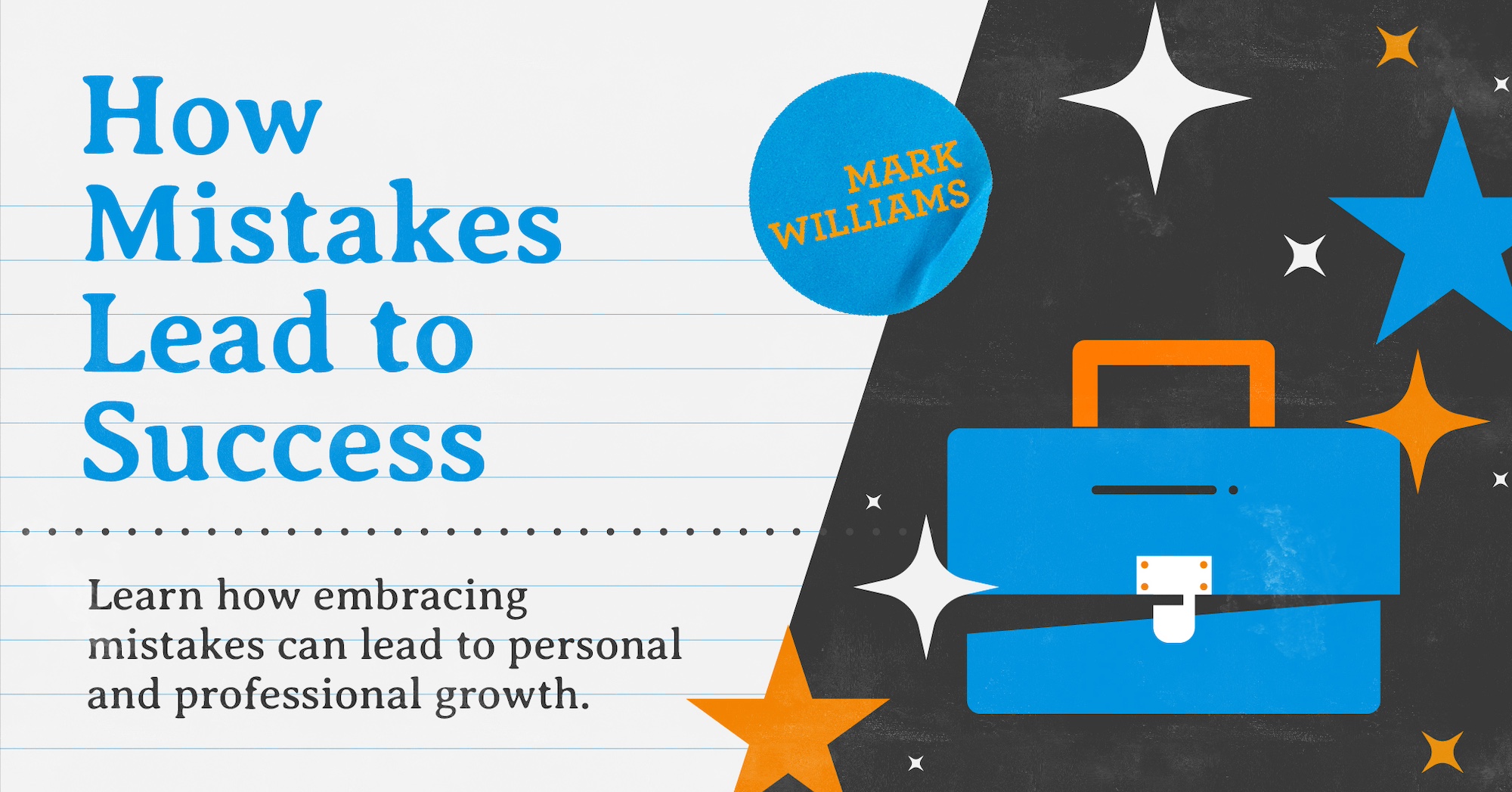Mistakes are often seen as setbacks, but in reality, they are some of the most valuable learning opportunities we can encounter. When we make mistakes, we are presented with a chance to reflect, adapt and grow—both personally and professionally. Embracing errors as part of the journey allows us to develop resilience and a deeper understanding of our work and ourselves.
One of the most powerful aspects of mistakes is that they reveal gaps in our knowledge or skills. These gaps, once identified, can be addressed, leading to significant improvement. For example, when a project doesn’t go as planned, the process of dissecting what went wrong provides insights that can prevent future errors. It’s in these moments of reflection that we learn the most about our capabilities and limitations.
One of the best things about mistakes is that they encourage innovation. When we try new approaches or take risks, we inevitably face the possibility of failure. However, it’s through these failures that breakthroughs often occur. Innovation rarely happens without some level of trial and error. The key is to view mistakes not as a reflection of our worth, but as a necessary step toward success.
Embracing mistakes also cultivates a growth mindset, the belief that our abilities can be developed through dedication and hard work. When we view challenges as opportunities to learn rather than threats to our competence, we become more open to taking risks and trying new things. This mindset is essential for both personal development and leadership, as it fosters a culture of continuous improvement and resilience within teams.
Finally, how we handle mistakes can greatly impact our relationships with others. When leaders admit their errors and demonstrate a willingness to learn, they set a powerful example for their teams. This openness builds trust and encourages others to take ownership of their mistakes as well, leading to a more honest and collaborative work environment.
Mistakes are not to be feared but embraced. They are the best teachers we have, offering invaluable lessons that drive personal and professional growth. By adopting a mindset that views errors as opportunities, we can turn setbacks into stepping stones on the path to success.

